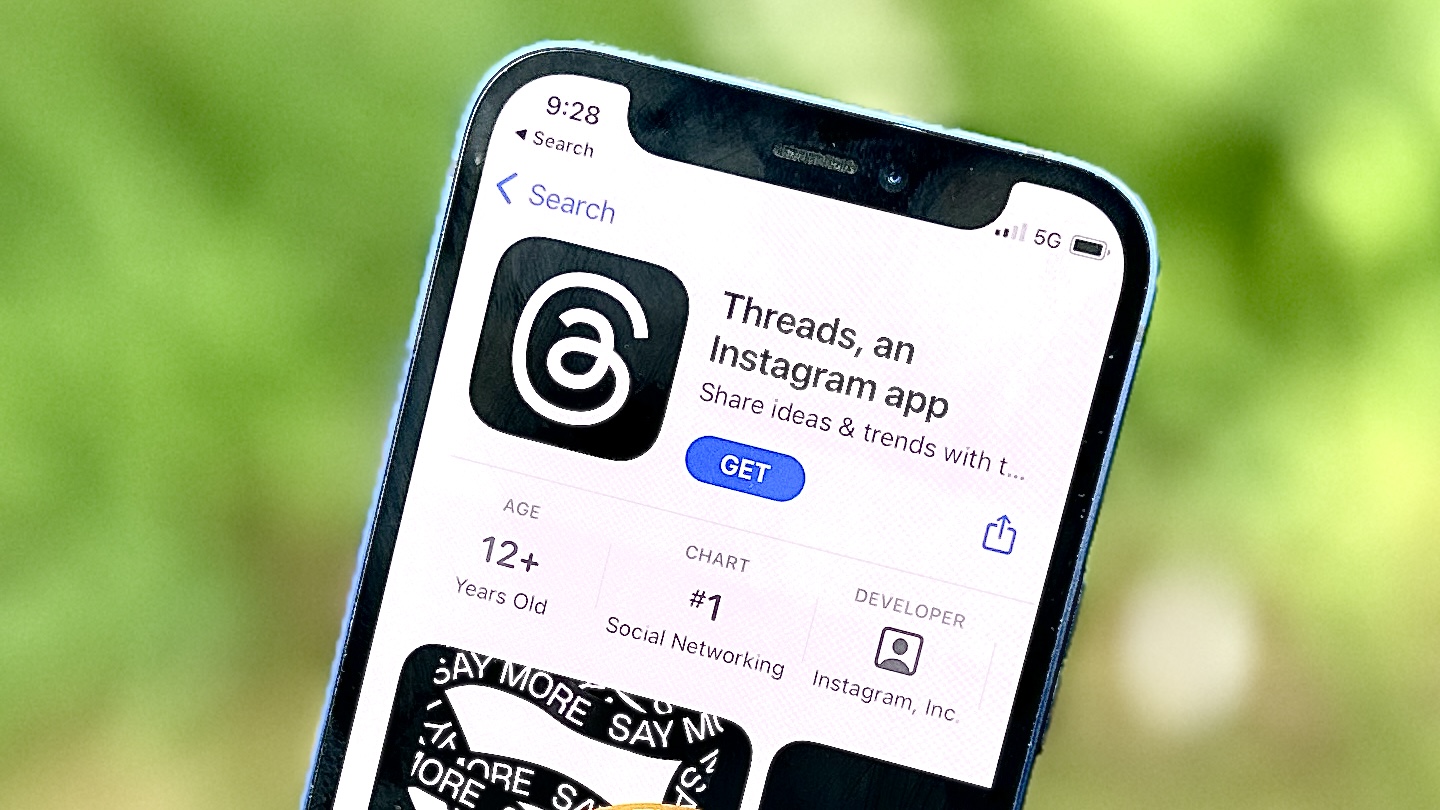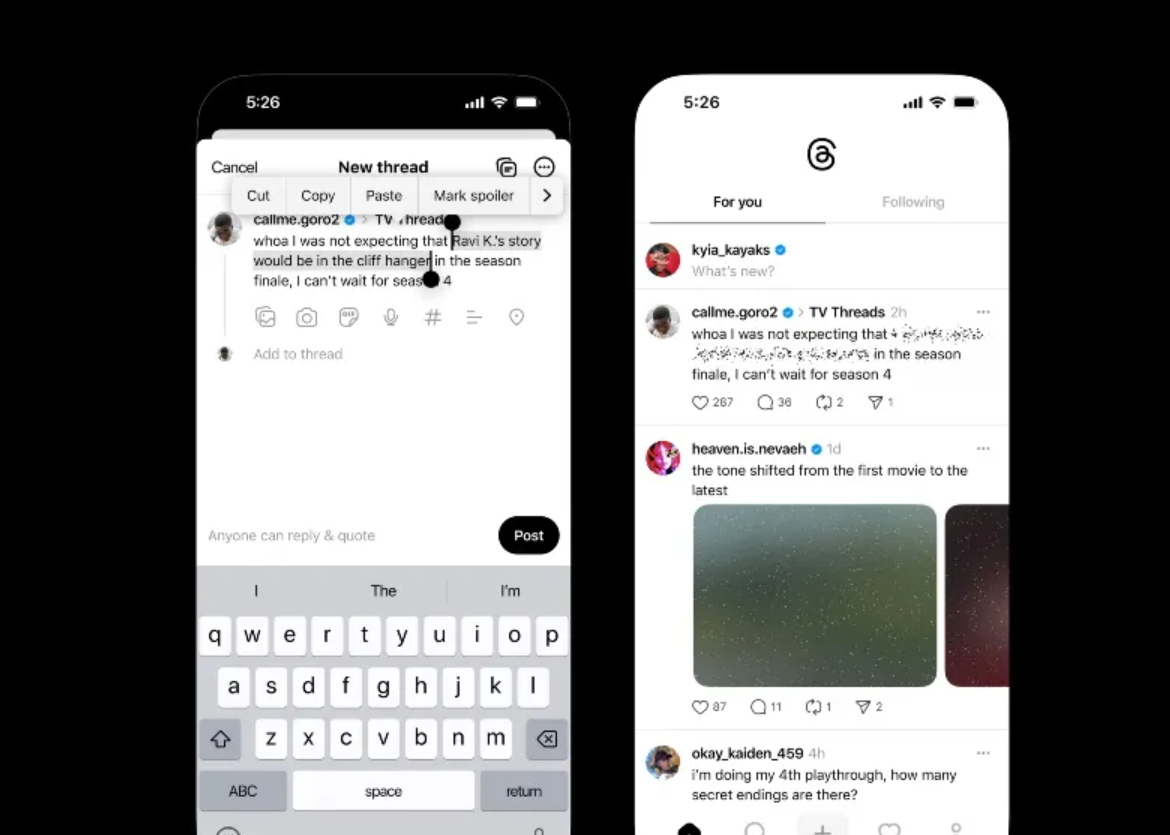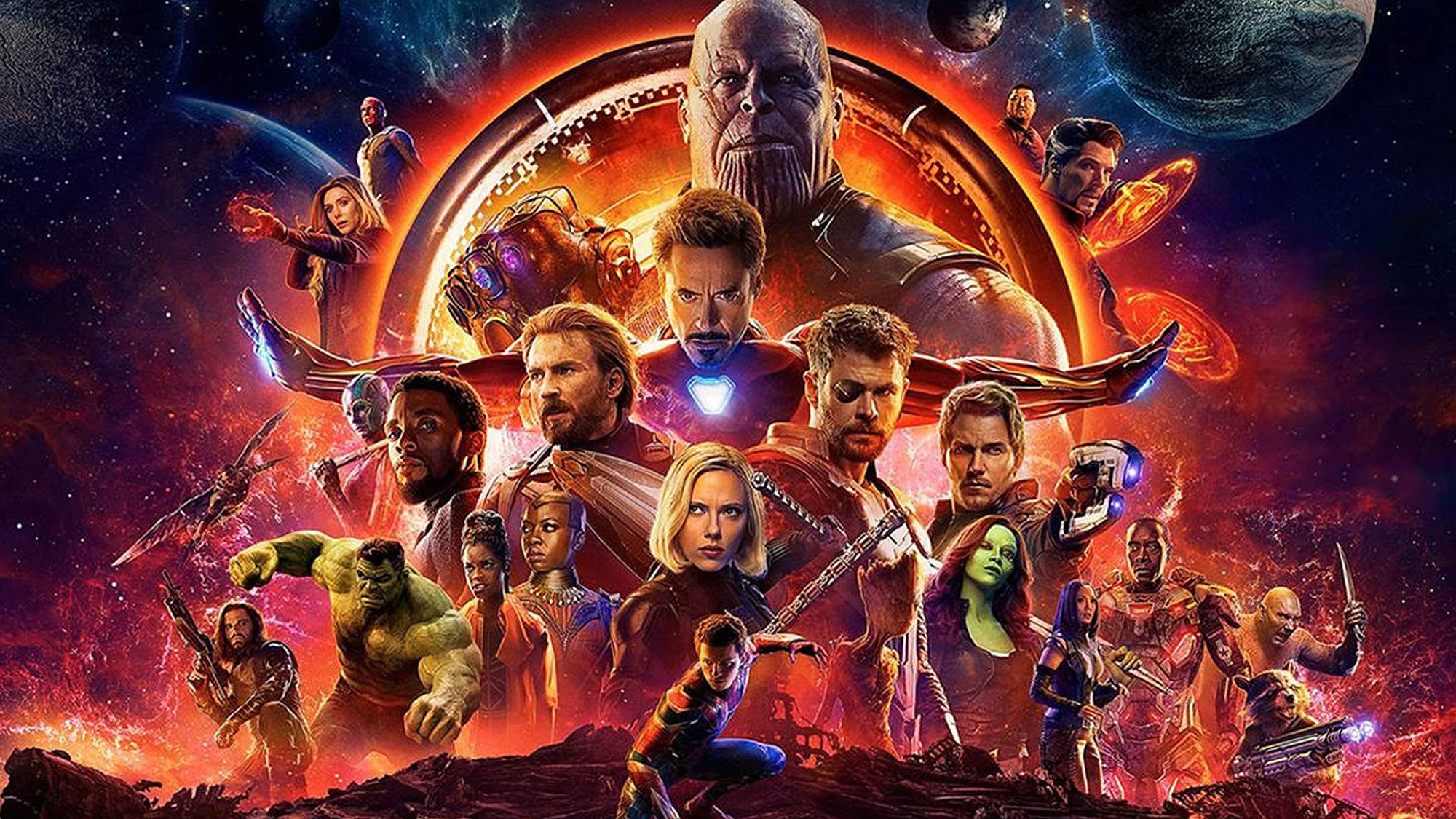I'm glad Threads is adding features to protect us from spoilers — but I wish it wasn't necessary
Threads is adding useful features — but I wish it didn't have to

The internet is absolutely rife with spoilers. It doesn't matter whether you're talking about movies, TV shows, video games or something else entirely — as soon as something new comes out people are out discussing it on social media. And that's a problem for those of you with actual lives, you can't immediately stop everything and catch up.
So it's good to hear that Instagram-centric twitter clone Threads is adding features to keep spoilers out of your feed. It's not the first platform to integrate anti-spoiler tools, but it's still a much-needed feature considering what the internet is like.
Though, to be honest, it's the kind of feature that wouldn't be necessary if people (and brands) could just behave themselves online.
Spoilers are everywhere now

If you actually care about particular shows or franchises, then you're basically forced to stay offline until you're able to catch up. Considering most people have jobs, families and all kinds of other commitments, that doesn't always lend itself to being able to take a trip to the theater on opening night or to watch new shows.
Because if you don't, you always run the risk of coming across something that spoils a key moment. Be it the ending, a cameo, or just the general plot points, someone somewhere will have posted about it — and no anti-spoiler system is perfect.
Worst of all, the official marketing has started exploiting spoilers almost as soon as humanly possible. Marvel's Thunderbolts* is a great example, since the movie ends with (spoiler alert) it being revealed that the team is actually going to be called "The New Avengers" going forward.
Naturally Marvel plastered that fact all over billboards after opening weekend, despite the fact there are plenty of people who don't have the means to watch a movie in theaters right away.
Get instant access to breaking news, the hottest reviews, great deals and helpful tips.
A similar situation happened with Doctor Who, with the official Doctor Who YouTube channel revealing that lead actor Ncuti Gatwa had left the show and was being replaced by Billie Piper — something that had been kept a secret up until broadcast. Those spoilers also made the news, with little consideration for who might have been watching.
How Threads' new features work

Threads isn't making the whole thing completely autonomous, and the features that are currently being tested will rely on other people to mark spoilers as and when they see them.
How it works is that when an individual comes across a spoiler—be it text or images based—they can highlight it and select the "mark spoiler" option from the pop-up menu. According to The Verge, this should then hide the content from other users until they click it for themselves.
According to Meta, spoilers on Threads will look different depending on the device you're using. Desktop spoilers will be a gray block, whereas mobile spoilers appear behind a bunch of floating static-looking dots.
This is being described as a "global test," but it's unclear how many people are actually going to be involved in it. It's similarly unclear if there will be further anti-spoiler features, such as one that lets users mark their own posts as spoilerific during the draft stage — similar to how Reddit lets users mark spoilers in advance.
Because it's all well and good that people can mark spoilers and save other people from seeing them, but that should really be a last resort.
Can't we all just behave?

Some people can be extremely sensitive about spoilers, and consider literally anything and everything about what's involved as "ruining the experience." But there's also a good balance between being overly sensitive and completely callous about what everyone else may or may not have seen.
We know that people can come together and not ruin things as soon as possible. Just look at the active campaign around Avengers Endgame, pushing people to avoid talking about the movie online for at least two weeks after release.
Heck that sort of thing isn't new either, since Alfred Hitchcock attempted something similar with the release of Psycho in 1960. The director is even said to have purchased as many copies of the book the movie was based on, to try and preserve all the twists and turns — though admittedly this was an era before social media made access to spoilers so easy.
If we can do that for some movies, we can probably do it for all of them. It may not completely negate the need for anti-spoiler features like Threads is implementing — but it means we may not need to rely on them nearly as often.

Tom is the Tom's Guide's UK Phones Editor, tackling the latest smartphone news and vocally expressing his opinions about upcoming features or changes. It's long way from his days as editor of Gizmodo UK, when pretty much everything was on the table. He’s usually found trying to squeeze another giant Lego set onto the shelf, draining very large cups of coffee, or complaining about how terrible his Smart TV is.
You must confirm your public display name before commenting
Please logout and then login again, you will then be prompted to enter your display name.
 Club Benefits
Club Benefits





